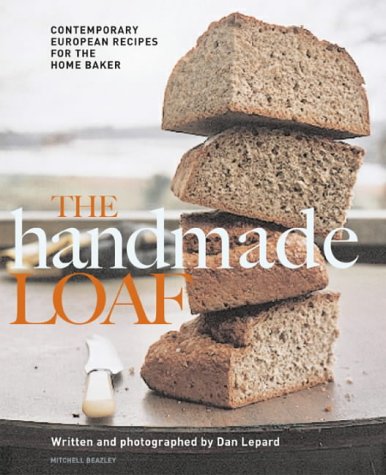AudioAl
pfm Member
I had a Belling Farmhouse bakery , It was great ,used 3 -4 times a week , One day it started sounding strange and going slower and slower , When i went out into the kitchen smoke was coming out of the machine , I quickly turned the power off , It never ran again burnt out and seized up 
I ended up tailoring the bread mix , 50% strong white and 50% wholemeal + adjusting the water and sugar content It did make a super loaf
I ended up tailoring the bread mix , 50% strong white and 50% wholemeal + adjusting the water and sugar content It did make a super loaf



